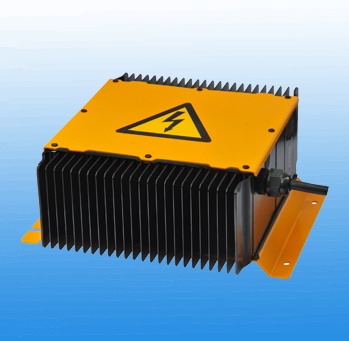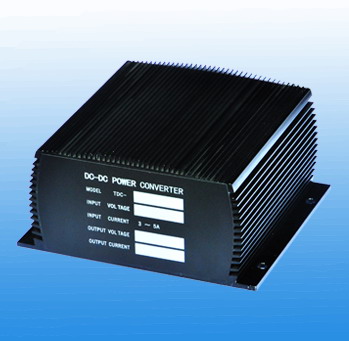In a world where diverse electronic devices require varying voltage levels to function optimally, DC-DC converters play a pivotal role. These converters allow seamless transformation of one direct current (DC) voltage level to another, catering to the specific needs of different applications. Choosing the right DC-DC converter is a critical decision, impacting device performance, efficiency, and overall functionality. This comprehensive guide will walk you through the essential factors to consider when selecting the perfect DC-DC converter for your requirements.
Understanding DC-DC Converters
DC-DC converters are electronic devices that convert one DC voltage level to another. They are widely used in a range of applications, including automotive, telecommunications, industrial automation, renewable energy, consumer electronics, and more. These converters come in various types, such as buck converters (step-down), boost converters (step-up), buck-boost converters, and isolated converters.
Factors to Consider When Choosing a DC-DC Converter
1. Input and Output Voltage Requirements:
Understanding your device's input and output voltage requirements is fundamental. The input voltage should match the source voltage, while the output voltage should match the load's requirements. Consider any voltage fluctuations, tolerances, and voltage ripple requirements.
2. Output Current Requirements:
The converter should be capable of supplying the required output current without causing overload or overheating. Take into account the device's peak and average current consumption during operation.
3. Efficiency:
Efficiency is a critical factor in selecting a DC-DC converter. A higher efficiency converter minimizes power losses, reducing heat generation and improving overall system performance. Look for efficiency curves and data provided by the manufacturer.

4. Regulation and Stability:
Stable output voltage is essential to prevent damage to downstream components. Check the converter's voltage regulation and transient response capabilities, ensuring they meet your application's demands.
5. Load and Line Regulation:
Load regulation refers to the ability of the converter to maintain a constant output voltage despite changes in load current. Line regulation refers to the ability to maintain output voltage when input voltage varies. Both factors are crucial for stable operation.
6. Isolation Requirements:
In applications where electrical isolation is needed, such as in medical devices or industrial equipment, consider isolated DC-DC converters. These converters provide galvanic isolation, preventing potential issues related to ground loops and noise.
7. Environmental Conditions:
Consider the operating temperature range, humidity, and any other environmental factors that might affect the converter's performance. Some converters are designed for rugged environments, while others are more suitable for controlled settings.
8. Form Factor and Size:
The physical size and form factor of the converter are crucial, especially in space-constrained applications. Choose a converter that fits comfortably within your device's design and layout.

9. EMI and Noise:
Electromagnetic interference (EMI) and output noise can affect nearby components and systems. Look for converters with low EMI emissions and minimal output noise, especially in sensitive applications.
10. Protection Features:
Protection features such as overcurrent protection, overvoltage protection, and thermal shutdown can safeguard your device from potential failures and damage.
11. Budget Considerations:
While cost is a factor, it should not be the sole determinant. Balance cost with performance, reliability, and the long-term benefits of a quality DC-DC converter.
12. Vendor Reputation and Support:
Choose reputable manufacturers known for producing reliable and high-quality DC-DC converters. Good customer support and available documentation can be invaluable when troubleshooting or integrating the converter.
Conclusion
Selecting the right DC-DC converter is a process that demands careful consideration of multiple factors. By thoroughly understanding your application's voltage and current requirements, efficiency needs, isolation demands, environmental conditions, and more, you can make an informed decision. Remember that the chosen converter directly impacts the performance, reliability, and longevity of your electronic devices. A well-chosen converter not only ensures optimal operation but also contributes to the overall success of your project or application.
Next: 24V Forklift Lithium Battery Packs
Previous:How to maintain the lead-acid forklift battery containing liquid?
Contact Person: Miss. Kiki
| WhatsApp : | +8617763224709 |
|---|---|
| Skype : | +8617763224709 |
| WeChat : | +8617763224709 |
| Email : | kiki@lifepo4-battery.com |